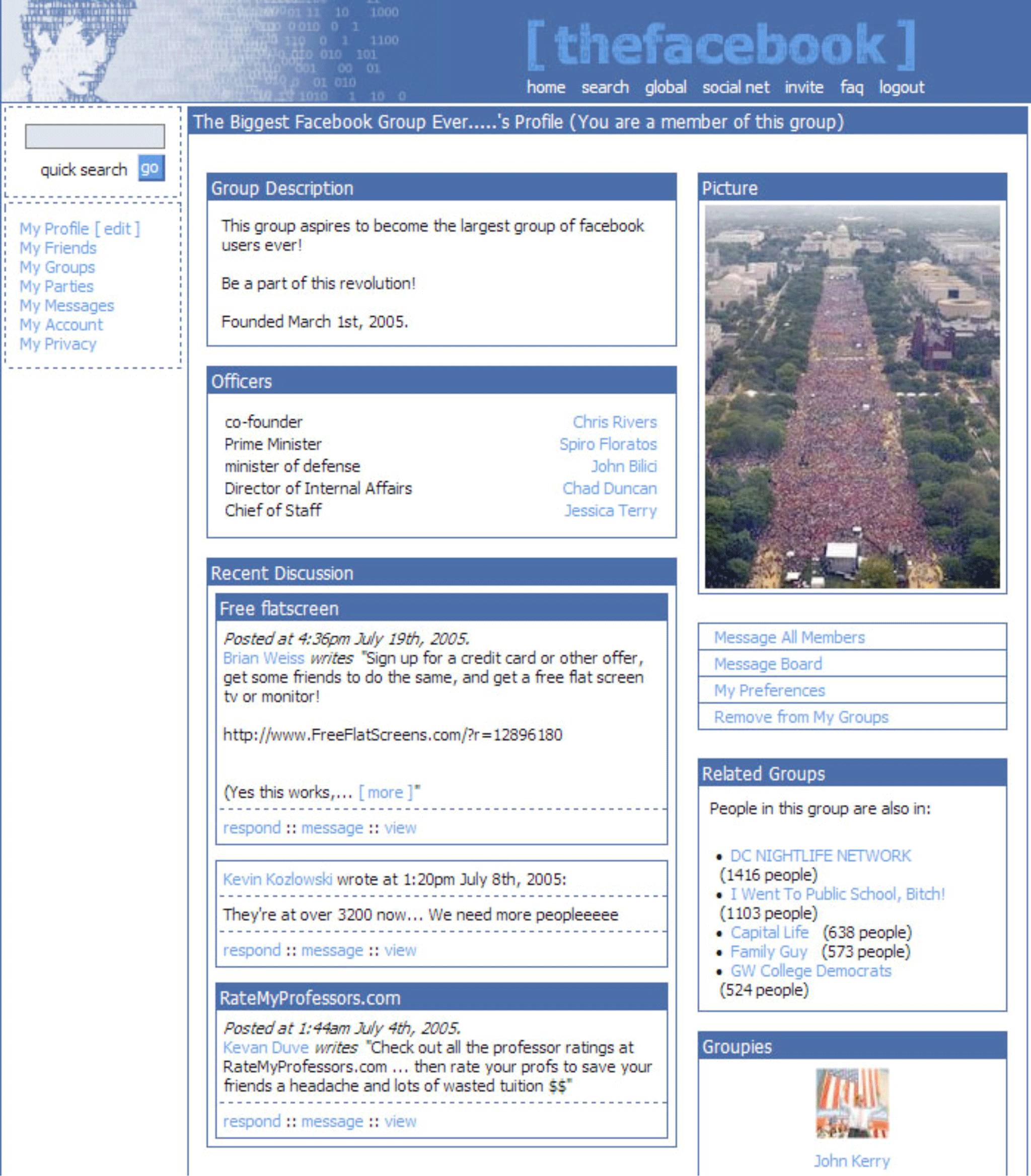Here's what Facebook looked like 10 years ago
Facebook releases images of 2004 News Feed and 2014 Timeline

Facebook celebrates its 10-year anniversary today, driving the world to look back at how the social network has changed its appearance and how it has changed our lives.
The Palo Alto-based company released a set of then-and-now images to mark its birthday, showing the vast changes in design and functionality it has accomplished on both desktop and mobile in its first decade.
This include its rebranding from [thefacebook] to Facebook and the switch to a more image-led news feed on handheld devices, along with the countless other features it has implemented including photo, video, checking in and official pages.
Facebook's limited early design reflects the company's humble beginnings, with the website of course being created in a university dorm room by Harvard student Mark Zuckerberg.

The founder got all nostalgic about its inception on his own Facebook Timeline this morning, suggesting that students rather big companies created the paradigm-shifting website because they 'cared more'.
"When I reflect on the last 10 years, one question I ask myself is: why were we the ones to build this?, Zuckerberg wrote. "We were just students. We had way fewer resources than big companies. If they had focused on this problem, they could have done it.
"The only answer I can think of is: we just cared more."

He went on to add that he is even more excited about what Facebook still has in the pipeline, and hopes to soon unite the entire world on the social network.
"That's why I'm even more excited about the next ten years than the last," he added. "The first ten years were about bootstrapping this network. Now we have the resources to help people across the world solve even bigger and more important problems.
"Today, only one-third of the world's population has access to the internet. In the next decade, we have the opportunity and the responsibility to connect the other two-thirds."
Join our commenting forum
Join thought-provoking conversations, follow other Independent readers and see their replies
Comments
Bookmark popover
Removed from bookmarks